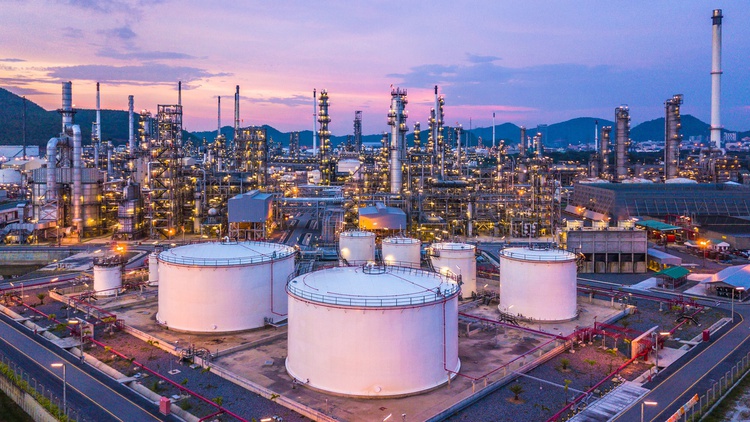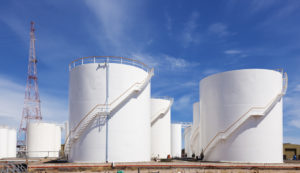Introduction:
Introduction:
Integrity inspection plays a crucial role in ensuring the safety and reliability of various industrial equipment, including GRP (Glass Reinforced Plastic) and non-metallic tanks and piping.
This comprehensive guide will provide you with valuable insights into the importance of integrity inspection for GRP and non-metallic tanks and piping, both during the fabrication process and in service.
significance of compliance with industry standards and regulations:

1- Understanding GRP and Non-Metallic Tanks and Piping:
GRP and non-metallic tanks and piping are widely used in industries such as petrochemical water treatment, and offshore applications.
These materials offer advantages such as corrosion resistance
lightweight, and high strength-to-weight ratio.
However, ensuring their integrity is critical to prevent failures
that could lead to environmental hazards, production disruptions, and safety risks.
2-Importance of Integrity Inspection:
Integrity inspection for GRP and non-metallic tanks and piping is essential to assess their condition
detect potential defects or damage, and ensure compliance with design specifications and regulatory requirements.
By conducting regular inspections, companies can identify and address issues promptly preventing costly repairs or replacements
as well as mitigating the risk of catastrophic failures.
3- Fabrication Process Inspection:
During the fabrication of GRP and non-metallic tanks and piping
integrity inspection should be carried out at various stages. This includes assessing the raw materials
verifying the manufacturing processes, inspecting welds and joints
and conducting non-destructive testing (NDT) to detect any defects or inconsistencies.
Adhering to quality control procedures and industry standards
such as ASME RTP-1 (Reinforced Thermoset Plastic Corrosion Resistant Equipment)
or ASTM D2996 (Standard Specification for Filament-Wound Reinforced Thermosetting Resin Pipe)
is crucial to ensure the integrity of the final product.
4- In-Service Inspection:
Once GRP and non-metallic tanks and piping are put into service
regular integrity inspections are necessary to monitor their condition and identify any signs of degradation, aging, or damage.
This includes visual inspections, thickness measurements, NDT techniques like ultrasound or radiography, and leak testing.
Inspections should be conducted based on recommended frequencies and guidelines
provided by regulatory bodies and industry best practices such as API 570 (Piping Inspection Code: In-service Inspection, Rating, Repair, and Alteration).
5- Compliance with Standards and Regulations:
Adherence to relevant standards and regulations is vital in ensuring
the effectiveness and legality of integrity inspections. For GRP and non-metallic tanks and piping
standards such as API 579-1/ASME FFS-1 (Fitness-for-Service) and ASTM E2992
(Standard Guide for Evaluating Potential Hazard as a Result of Methane in the Ground)
provide valuable guidance. Additionally, compliance with local, national, and international regulations, including environmental and safety requirements, is imperative.
Conclusion:
Integrity inspection for GRP and non-metallic tanks and piping in both fabrication and in-service stages are crucial for maintaining the safety, reliability, and longevity of industrial systems.
By conducting regular inspections, adhering to industry standards, and complying with regulations
companies can effectively manage risks, prevent failures, and ensure the smooth operation of their facilities.
Investing in comprehensive integrity inspection programs is a proactive approach that safeguards assets and enhances overall operational efficiency.

